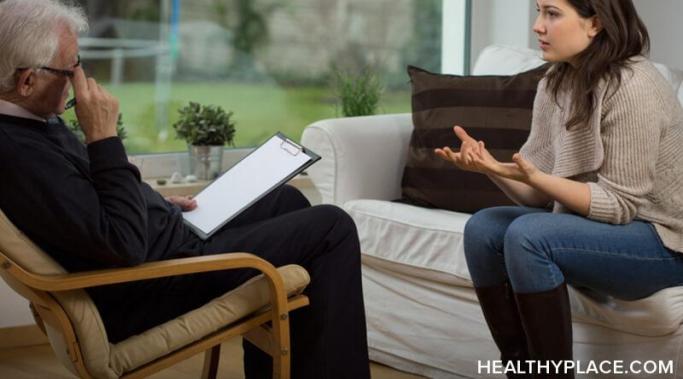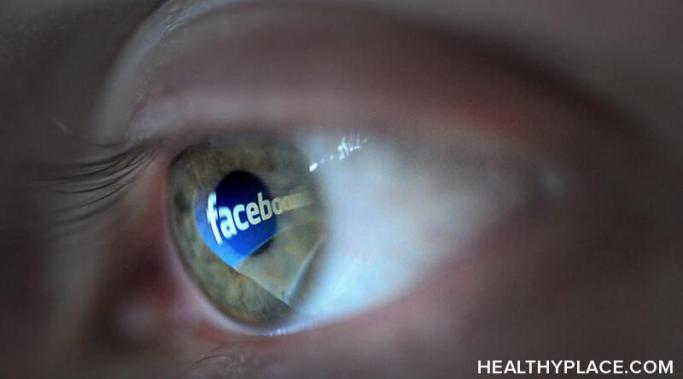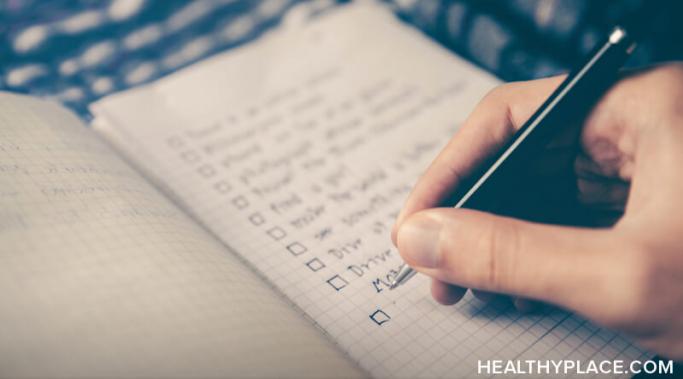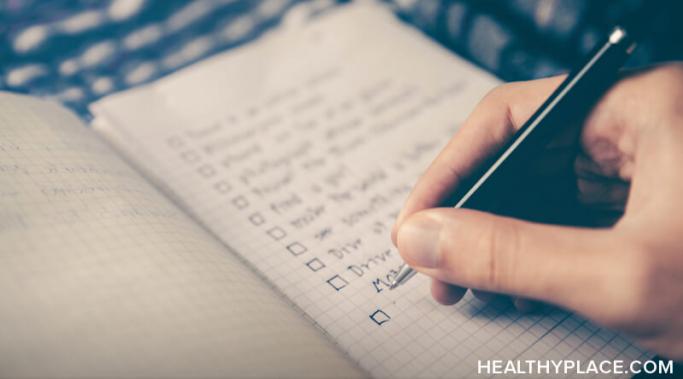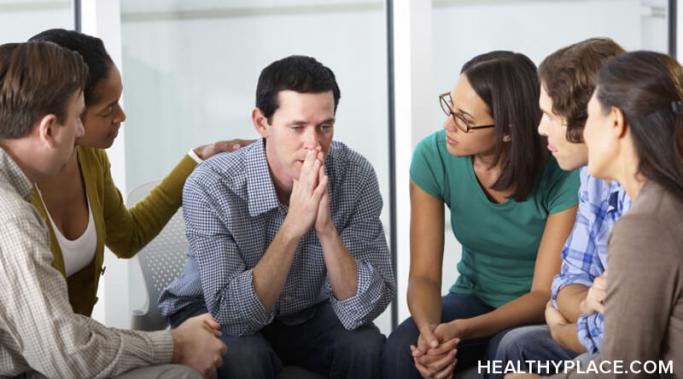Blogs
Medication lapses at work can be detrimental to people with mental health issues. I have experienced a myriad of problems that came from a lapse in medication. These problems have included withdrawal symptoms, a resurgence of symptoms, the increased risk of relapse, and the risk of self-medication. There are many reasons why a person may have a lapse in medication in the workplace, but one that has really affected my mental health is insurance refusing to cover my medication.
Gambling addiction can consume every aspect of your life, everything from financial ruin to strained relationships; you remain helpless, at the mercy of a ruthless addiction. As someone who has been through the motions of gambling addiction, I understand how easy it is to go from harmless wagers to a debilitating reliance on gambling to function. As a result, I hope to shed light on the dark side of gambling in hopes that other people can pull themselves out before it’s too late and to empower people to make informed decisions to avoid falling into its treacherous grasp. Gambling addiction prevention might work.
In my final post for the "Coping with Depression" blog, I’d like to wish you all a sincere farewell and offer a few lessons I’ve learned over the last six months.
I consider antipsychotic medication the most critical piece of my treatment. However, no matter how well the drugs work, I'm still human and have other things going on. On my best days, when I have very few symptoms of schizophrenia, I am still in relationships with others. I still have memories. I have habits. I have patterns of communicating, traumatic events that I've experienced, and a connection to myself. For example, I'm living with the grief of my dad moving into a nursing home and the aftermath of a global pandemic. For me, antipsychotics and therapy work together.
"Trust the process" has been my eating disorder (ED) recovery mantra for almost 15 years. The clinicians who ran my residential treatment program used to chant this phrase ad nauseam. Back then, it was a constant source of irritation. But now, I find myself returning to those three words more often than I ever bargained for. In fact, this recovery mantra feels just as relevant in my current season of life as it was at the starting line of ED recovery.
Social media addiction is real. The definition of addiction is a complex psycho-physiological process manifested in any behavior in which a person finds pleasure and relief and therefore craves but suffers consequences without being able to give it up. Typically, addiction is associated with drugs, gambling, or shopping. But recently, after years of scrolling Instagram before getting out of bed, I couldn't help but wonder how many other people do the same thing. How many of us meet the criteria for social media addiction?
I've got this oddly specific fear of abandonment at night. It's bizarre, but when my partner dozes off before me, I feel like a lost child, abandoned at the mall. I'm aware it's not rational; my partner is right there, snug beside me, and I'm a grown adult who's tackled the mall solo countless times. But that lingering fear of desertion from my past creeps in as if it were determined to sabotage the present.
Pessimism is a trait usually associated with negativity and a cynical outlook. But did you know there is another type of pessimism that can play a role in planning for success? Defensive pessimism, as it's called, is a strategy that offers an alternative approach to navigating all the unexpected circumstances life may present.
Talking about trauma is not an easy feat. But if you're constantly reliving a specific traumatic event or cycling through negative thoughts surrounding the trauma, confiding in a trusted loved one can help you feel less alone. A supportive community is integral to trauma recovery, and you don't have to go through it all alone. You can tell about your trauma.
I have an extreme case of schizoaffective anxiety, and I’m preparing for major surgery. I’m getting knee replacements in both knees--one at a time. This anxiety spike about surgery is multi-faceted.



